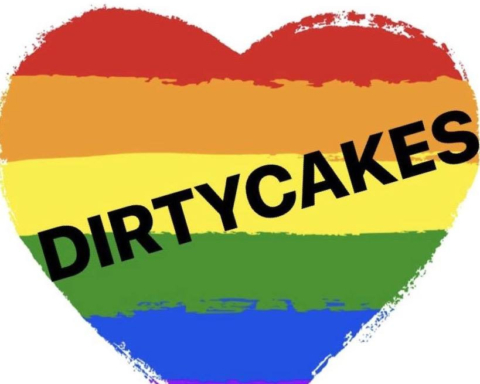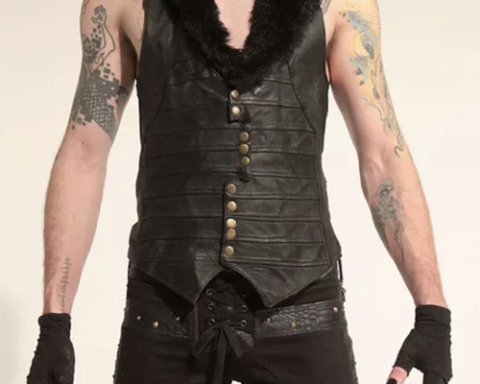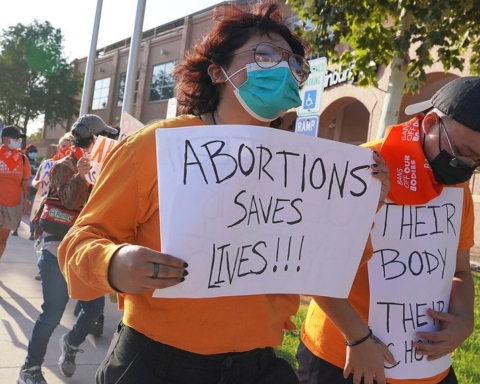Looking back I knew I wasn’t like every other boy, but as I grew up I figured out real soon I wasn’t the only one like myself. I remember always having feminine features an a slim curvy body which I my embraced. I would remember being invited to my friends parties an sleepovers, but I would only wanted to hang with the girls.
I would find it easy to relate more with them, especially when we would talk about the boys. I would find myself having these weird but butterfly feelings towards the boys that I would question myself, “is it right to have these feelings”? I knew I couldn’t react to them, I knew reacting to on feelings. It was the fear of being judged.
The fear of being misunderstood about feelings I myself was trying to still figure out.
Do We Choose Our Orientation?
Statistic Say, Being straight, gay, or bisexual is not something that a person can choose or choose to change. In fact, people don’t choose their sexual orientation any more than they choose their height or eye color. It is estimated that about 10% of people are gay. Gay people are represented in all walks of life, across all nationalities, ethnic backgrounds, and in all social and economic groups.
No one fully understands exactly what determines a person’s sexual orientation, but it is likely explained by a variety of biological and genetic factors. Medical experts and organizations such as the American Academy of Pediatrics (AAP) and the American Psychological Association (APA) view sexual orientation as part of someone’s nature. Being gay is also not considered a mental disorder or abnormality.
Despite myths and misconceptions, there is no evidence that being gay is caused by early childhood experiences, parenting styles, or the way someone is raised.
Efforts to change gay people to straight (sometimes called “conversion therapy”) have been proven to be ineffective and can be harmful. Health and mental health professionals caution against any efforts to change a person’s sexual orientation.
What Age Do Kids “Know”?
Knowing one’s sexual orientation — whether straight or gay — is often something that kids or teens recognize with little doubt from a very young age. Some gay teens say they had same-sex crushes in childhood, just as their heterosexual peers had opposite-sex crushes.
By middle school, as they enter adolescence, many gay teens already recognize their sexual orientation, whether or not they have revealed it to anyone else. Those who didn’t realize they were gay at first often say that they always felt different from their peers, but didn’t exactly know why.
Becoming aware of — and coming to terms with — one’s sexual orientation can take some time. Thinking sexually about both the same sex and the opposite sex is quite common as teens sort through their emerging sexual feelings.
Some teens may experiment with sexual experiences, including those with members of the same sex, as they explore their own sexuality. But these experiences, by themselves, do not necessarily mean that a teen is gay or straight. For many teens, these experiences are simply part of the process of sorting through their emerging sexuality. And despite gender stereotypes, masculine and feminine traits do not necessarily predict whether someone is straight or gay.
Once aware, some gay teens may be quite comfortable and accept their sexuality, while others might find it confusing or difficult to accept
How Gay Teens Might Feel
Like their straight peers, gay teens may stress about school, grades, college, sports, activities, friends, and fitting in. But in addition, gay and lesbian teens often deal with an extra layer of stress — like whether they have to hide who they are, whether they will be harassed about being gay, or whether they will face stereotypes or judgments if they are honest about who they are.
They often feel different from their friends when the heterosexual people around them start talking about romantic feelings, dating, and sex. For them, it can feel like everyone is expected to be straight. They may feel like they have to pretend to feel things that they don’t in order to fit in. They might feel they need to deny who they are or hide an important part of themselves.
Many gay teens worry about whether they will be accepted or rejected by their loved ones, or whether people will feel upset, angry, or disappointed in them. These fears of prejudice, discrimination, rejection, or violence, can lead some teens who aren’t straight to keep their sexual orientation secret, even from friends and family who might be supportive.
It can take time for gay teens to process how they feel and to accept this aspect of their own identity before they reveal their sexual orientation to others. Many decide to tell a few accepting, supportive friends and family members about their sexual orientation. This is called coming out.
Statistics Say: Many parents face their teen’s emerging sexuality with a mix of confusion and worry. They may feel completely unprepared for this next stage of parenthood. And if their child is gay, it may bring a whole new set of questions and concerns.
Some are surprised to learn the truth, always having thought their child was straight. Others wonder whether the news is really true and whether their teen is sure. They might wonder if they did something to cause their child to be gay — but they shouldn’t. There is no evidence that being gay is the result of the way that someone was raised.
Fortunately, many parents of gay teens understand and are accepting right from the start. They feel they have known all along, even before their teen came out to them. They often feel glad that their child chose to confide in them, and are proud of their child for having the courage to tell them.
Other parents feel upset, disappointed, or unable to accept their teen’s sexual orientation at first. They may be concerned or worried about whether their son or daughter will be bullied, mistreated, or marginalized. And they might feel protective, worrying that others might judge or reject their child. Some also struggle to reconcile their teen’s sexual orientation with their religious or personal beliefs. Sadly, some react with anger, hostility, or rejection.
But many parents find that they just need time to adjust to the news. That’s where support groups and other organizations can help. It can be reassuring for them to learn about openly gay people who lead happy, successful lives.
With time, even parents who thought they couldn’t possibly accept their teen’s sexual orientation are surprised to find that they can reach a place of understanding.
Written by lala






